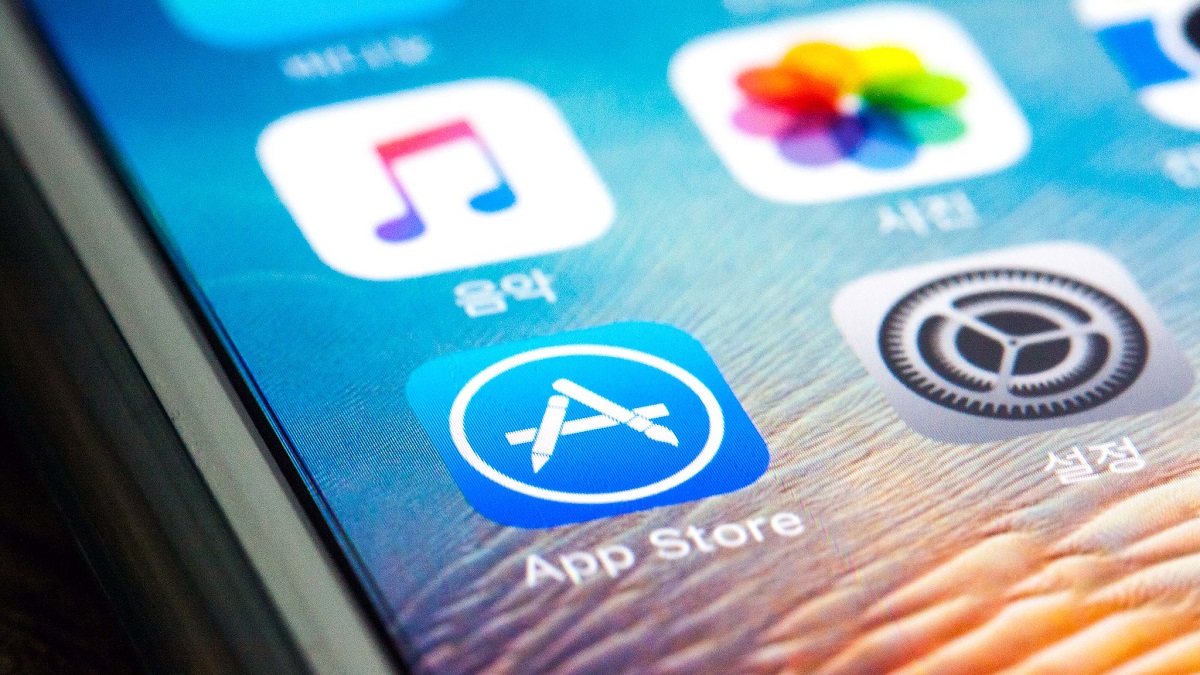
Judge Yvonne Gonzalez Rogers of the US District Court in the Northern District of California has struck at the very core of Apple Inc. The judge essentially agreed with EPIC Games that the iPhone maker did engage in “anticompetitive conduct”. But the Apple App Store payment system, and its walled garden stays, for now.
Apple Inc. can no longer prohibit app developers from directing users to payment options outside its App Store, concluded Judge Yvonne Gonzalez Rogers. She was presiding over a lawsuit that EPIC Games had filed against Apple Inc. over the latter’s insistence on using a single payment gateway for all in-app purchases.
Judge agrees with EPIC Games and says Apple Inc. cannot block third-party ‘external’ payment mechanisms:
In a rather surprising ruling, Judge Yvonne Gonzalez Rogers agreed that Apple Inc. engages in Anti-Competitive conduct when it comes to third-party payments.
The Judge, in California’s Epic Games v. Apple case, essentially ruled that Apple cannot prohibit developers from adding links for alternative payments. Needless to mention, these payment mechanisms operate beyond Apple’s App Store-based monetization and hence avoid the Apple Tax.
Apple Inc. was ordered by a court to allow developers to steer consumers to outside payment methods for mobile apps, in a ruling that’s a severe blow to the iPhone maker. https://t.co/a1l9SH3Hr5
— Ad Age (@adage) September 10, 2021
The ruling mentions:
“Apple Inc. and its officers, agents, servants, employees, and any person in active concert or participation with them (“Apple”), are hereby permanently restrained and enjoined from prohibiting developers from (i) including in their apps and their metadata buttons, external links, or other calls to action that direct customers to purchasing mechanisms, in addition to In-App Purchasing and (ii) communicating with customers through points of contact, obtained voluntarily from customers through account registration within the app.”
For anyone looking for the final order in Epic/Apple:https://t.co/XCvT6sm50B
— GAI (@GAI_GMU) September 10, 2021
Technical jargon aside, the Judge has ruled that Apple Inc. cannot prohibit developers from allowing Apple App Store app users from paying through third-party payment mechanisms. Moreover, Apple Inc. cannot prohibit app developers from openly deploying mechanisms that solicit payments through external payment methods.
Judge Gonzalez [judge for epic vs apple] has given her final verdict to the current lawsuit between Apple Inc. and Epic stating the following [refer to court document pg.2]
The judge has spoken in the favour of Apple Inc. Epic lost the lawsuit. pic.twitter.com/no1Yq1T2Ko
— Neon: FN Leaks and Tech News {2 days
} (@Neon__DEV) September 10, 2021
The ruling clearly strikes at the very core of Apple Inc.’s longstanding and its rather stringent App Store rules. The rules essentially barred developers from offering any other ways to pay for their apps and services.
Incidentally, Apple Inc. recently started allowing app developers to inform app users about third-party payment mechanisms. However, developers had to convey such information through external communication methods. They could not convey this important information through their apps.
Apple Inc. claims partial victory as Judge does not call the company a Monopoly:
Apple Inc. considers the ruling a victory for the company. It attempted to stress the court found it was not a monopolist.
“Today the Court has affirmed what we’ve known all along: the App Store is not in violation of antitrust law. Apple faces rigorous competition in every segment in which we do business, and we believe customers and developers choose us because our products and services are the best in the world.”
Thanks to everyone who put so much time and effort into the battle over fair competition on digital platforms, and thanks especially to the court for managing a very complex case on a speedy timeline. We will fight on.
— Tim Sweeney (@TimSweeneyEpic) September 10, 2021
Despite the significant inroads, EPIC Games and the coalition is not satisfied. The company’s CEO claimed, “Fortnite will return to the iOS App Store when and where Epic can offer in-app payment in fair competition with Apple in-app payment, passing along the savings to consumers.”
Today’s ruling isn't a win for developers or for consumers. Epic is fighting for fair competition among in-app payment methods and app stores for a billion consumers. https://t.co/cGTBxThnsP
— Tim Sweeney (@TimSweeneyEpic) September 10, 2021
It is interesting to note that it’s not illegal to have a monopoly under US law; it’s only illegal to try to preserve a monopoly at the expense of competition.
As expected, Apple Inc. has maintained that its commission helps improve the security and privacy of iPhone users.


